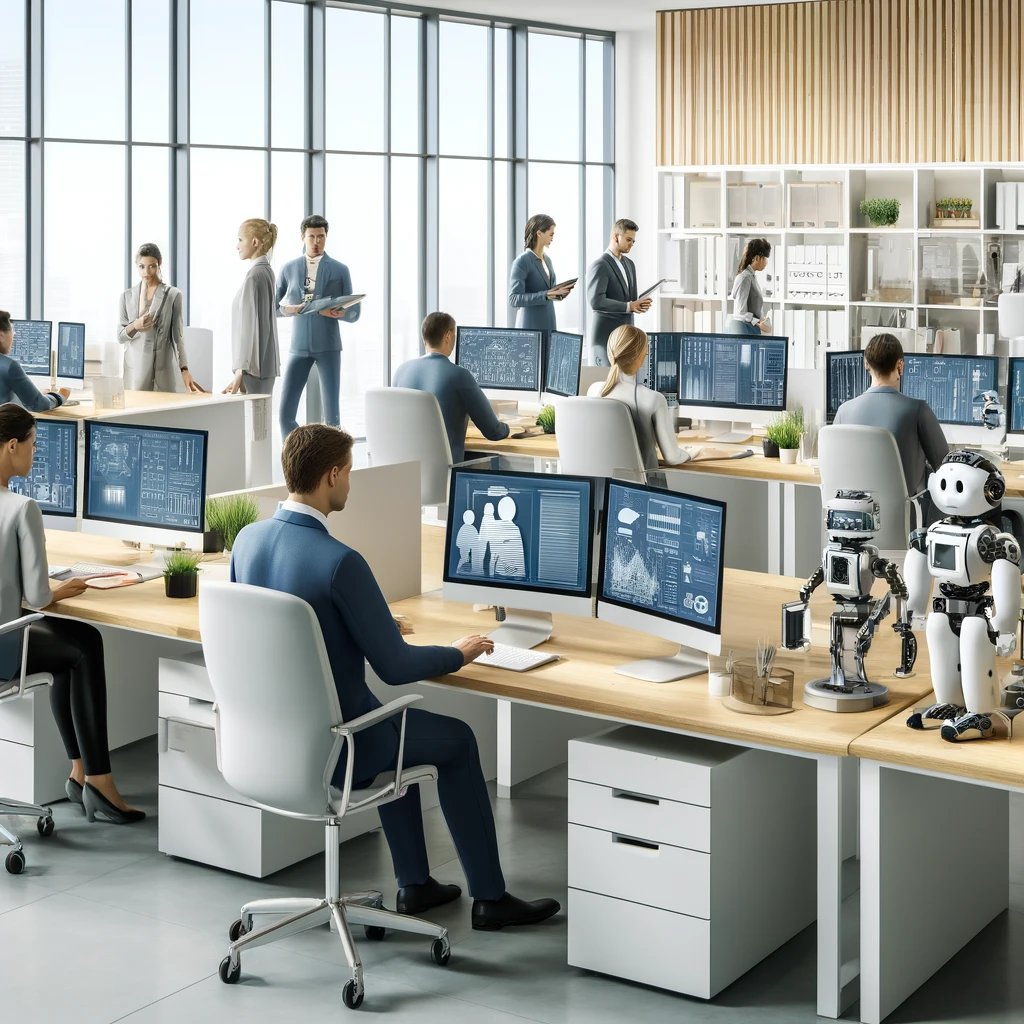
In the realm of business operations, automation has become synonymous with efficiency and agility. The advent of AI has taken automation to new heights, ushering in an era of hyper-automation that promises unparalleled optimization and productivity gains.
AI-Powered Data Processing and Analysis
One of the key areas where AI is revolutionizing workflows is in data processing and analysis. With vast amounts of data being generated daily, organizations need sophisticated tools to extract actionable insights swiftly. AI-powered analytics platforms can process structured and unstructured data, identify patterns, and generate predictive models, empowering businesses to make data-driven decisions in real time.
Enhancing Customer Experience with AI
Customer experience (CX) is another focal point for hyper-automation. AI-driven chatbots and virtual assistants are transforming customer interactions by providing personalized support round-the-clock. These intelligent systems can understand natural language, resolve queries, and even anticipate customer needs based on historical data, delivering a seamless and engaging CX while reducing response times and operational costs.
Transforming Workflow Management
Workflow automation, coupled with AI, is reshaping how tasks are managed and executed. From project management to supply chain logistics, AI algorithms can optimize workflows by intelligently assigning tasks, prioritizing activities, and identifying bottlenecks or inefficiencies. This not only accelerates project timelines but also improves resource allocation and utilization.
AI in Cybersecurity: Safeguarding Data and Systems
In the realm of cybersecurity, AI plays a pivotal role in safeguarding sensitive data and systems. AI-powered threat detection and response systems can proactively identify and mitigate cyber threats in real time, augmenting traditional security measures.
Driving Innovation in Decision-Making
Furthermore, AI is driving innovation in decision-making processes through advanced analytics and cognitive technologies. From strategic planning to risk management, AI algorithms can analyze complex data sets, simulate scenarios, and provide actionable insights to leadership teams, enabling informed and agile decision-making in dynamic business environments.
Challenges and Considerations
However, as organizations embrace hyper-automation, they must also address challenges such as data privacy, ethical AI use, and workforce upskilling. Ensuring transparent AI algorithms, implementing robust data governance frameworks, and investing in continuous training and reskilling programs are essential steps toward maximizing the benefits of hyper-automation while mitigating risks.
In conclusion, leveraging AI for hyper-automation in 2024 is not just a technological advancement but a strategic imperative for businesses aiming to thrive in a digitally driven future. By harnessing the power of AI across workflows, organizations can unlock unprecedented efficiencies, drive innovation, and stay ahead in an increasingly competitive landscape.